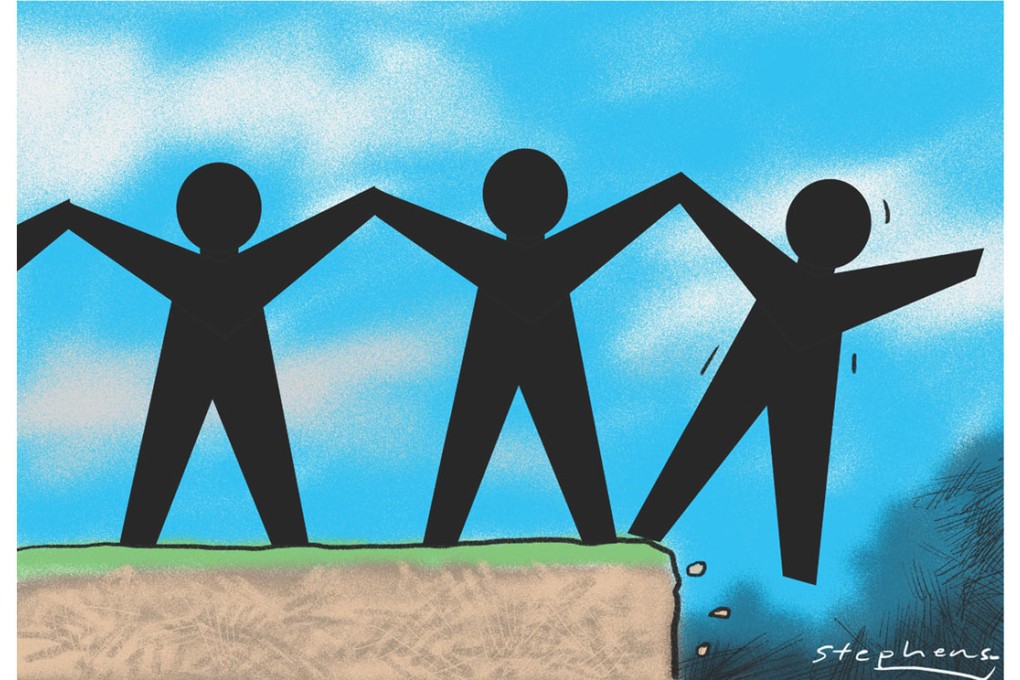The personal connections that can help save lives
Paul Yip and Qijin Cheng say even though we live in a digitally interconnected world, society needs to reconnect on a personal level to help prevent suicides among people who feel cut off

According to the first ever World Suicide Report by the World Health Organisation, over 800,000 people kill themselves each year. Globally, suicide was the fifth leading cause of death among people aged 30-49, and the second leading cause of death among those aged 15-29 in 2012.
In Hong Kong, the suicide rate has fallen from its historical high of 18.8 per 100,000 in 2003 to around 12.3 per 100,000 last year. However, those aged 60 or above still show a relatively high suicide rate (around 21.6 per 100,000), and the recent increases in suicide among the young are of particular concern.
World Suicide Prevention Day falls today and this year's theme is "Suicide Prevention: One World Connected". It reflects the fact that connections are important in many aspects of suicide prevention.
According to our studies, many suicides are associated with some sort of disconnection - people were disconnected from social support, from mental health care, or even from society as a whole. Yet, in contrast, thanks to the development of technology and social media, the world has never been so connected; it took only a few days for the ice bucket challenge to spread across countries, for example.
However, the "digital divide" means that people unfamiliar with new media, for instance some of the elderly, can be largely disconnected from the world.
A household survey in 2011 found that about 13 per cent of respondents aged above 60 were living alone and half of them seldom talked to their neighbours. Compared with other elderly respondents, this group reported significantly lower levels of life satisfaction. How to reach out to these senior citizens and link them up to support services is a significant challenge for today's ageing society.